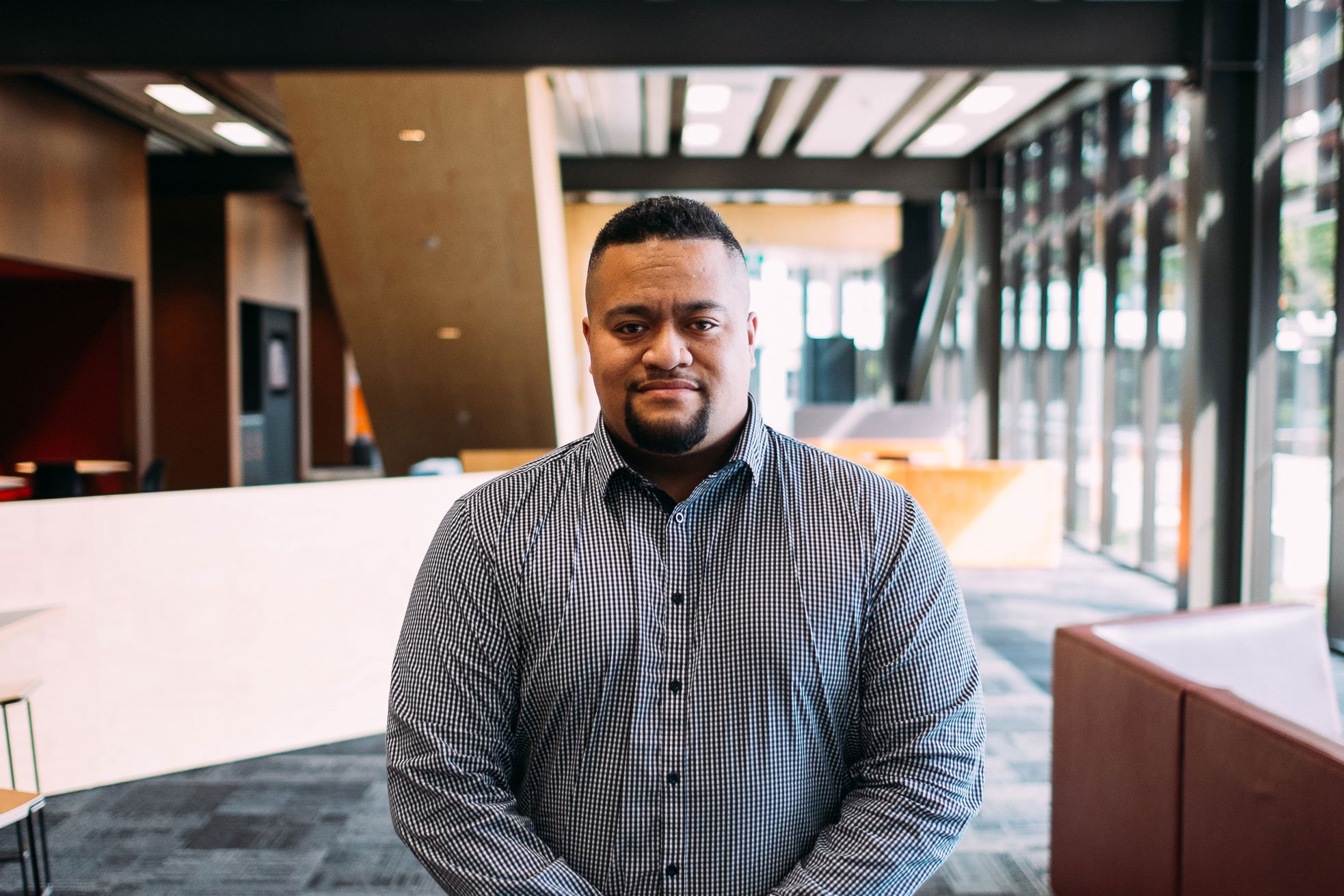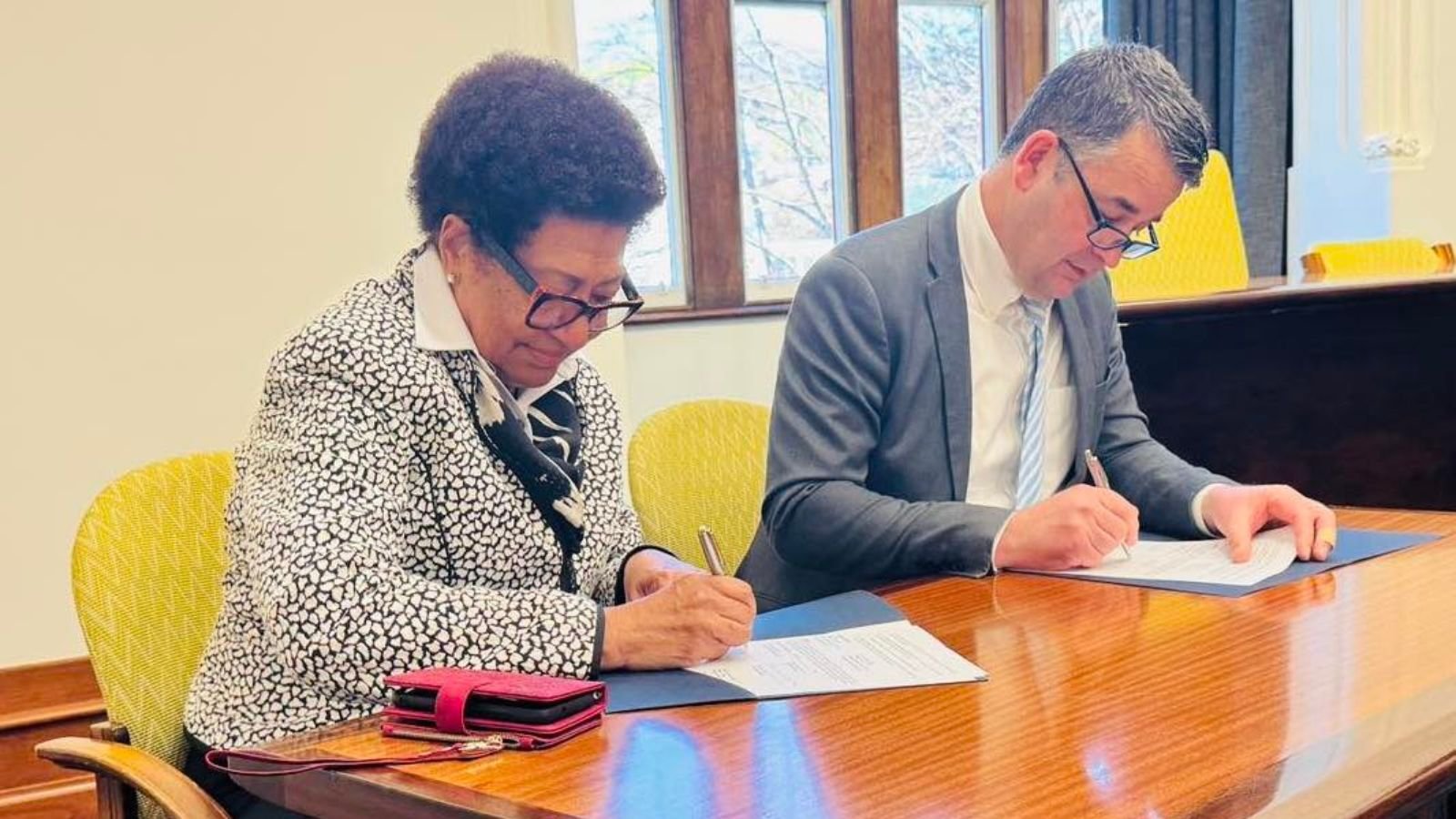
Making positive shifts today to improve the nutrition of Pacific communities in the future is the hope of a University of Otago researcher.
Dr Edmond Fehoko, of the Department of Human Nutrition, is set to undertake a study into food neophobia, the fear of trying new food, among Pacific peoples in Aotearoa New Zealand.
He has received a Health Delivery Research Activation Grant in the Health Research Council’s latest funding round. It is one of 15 activation grants, and one Health Delivery Research Career Development Award, worth a total of $540,087, awarded to Otago researchers.
“Food plays a significant role in our familial and cultural settings. However, there is a reluctance to eat so-called ‘new foods’ such as fruits, vegetables, seeds, nuts and whole grain products. This, in turn, negatively impacts the health and wellbeing of Pacific families and communities.
“Pacific peoples need to shift behaviours, experiences and ideas around food, more specifically around the need to consume ‘new foods’,” Dr Fehoko says.
There is a lack of research into food neophobia across Pacific cultures and its potential link to nutritional status. He hopes this work will fill that gap and mark the start of broader research aimed at enhancing nutrition outcomes for Pacific peoples.
Among the other recipients is Talai Mapusua from the Centre for Pacific Health for her research on
The ‘m’ word – the stories of Samoan women who have suffered a miscarriage
The project will focus on building a community of intergenerational Samoan women who have experienced a miscarriage and are living in Dunedin and other areas in the Otago region which have a growing Samoan population such as Oamaru and Balclutha.
Building relationships with these women using Samoan cultural practices and approaches is the initial and key step to this project before capturing their experiences through engagement known as ‘talanoaga’, which can represent both formal and informal discussion that is ongoing and has no time limit or restrictions which invites and encourages sharing of thoughts and ideas.
Deputy Vice-Chancellor (Research and Enterprise) Professor Richard Blaikie is pleased HRC is funding this work and that of so many other Otago studies.
“These projects will help deliver benefit to real New Zealanders facing a myriad of health issues, at an individual and community level.
“We also welcome the fact that HRC’s support will benefit the career development of a number of emerging researchers working across our divisions and campuses. I look forward to seeing these people grow into our future research leaders.”












